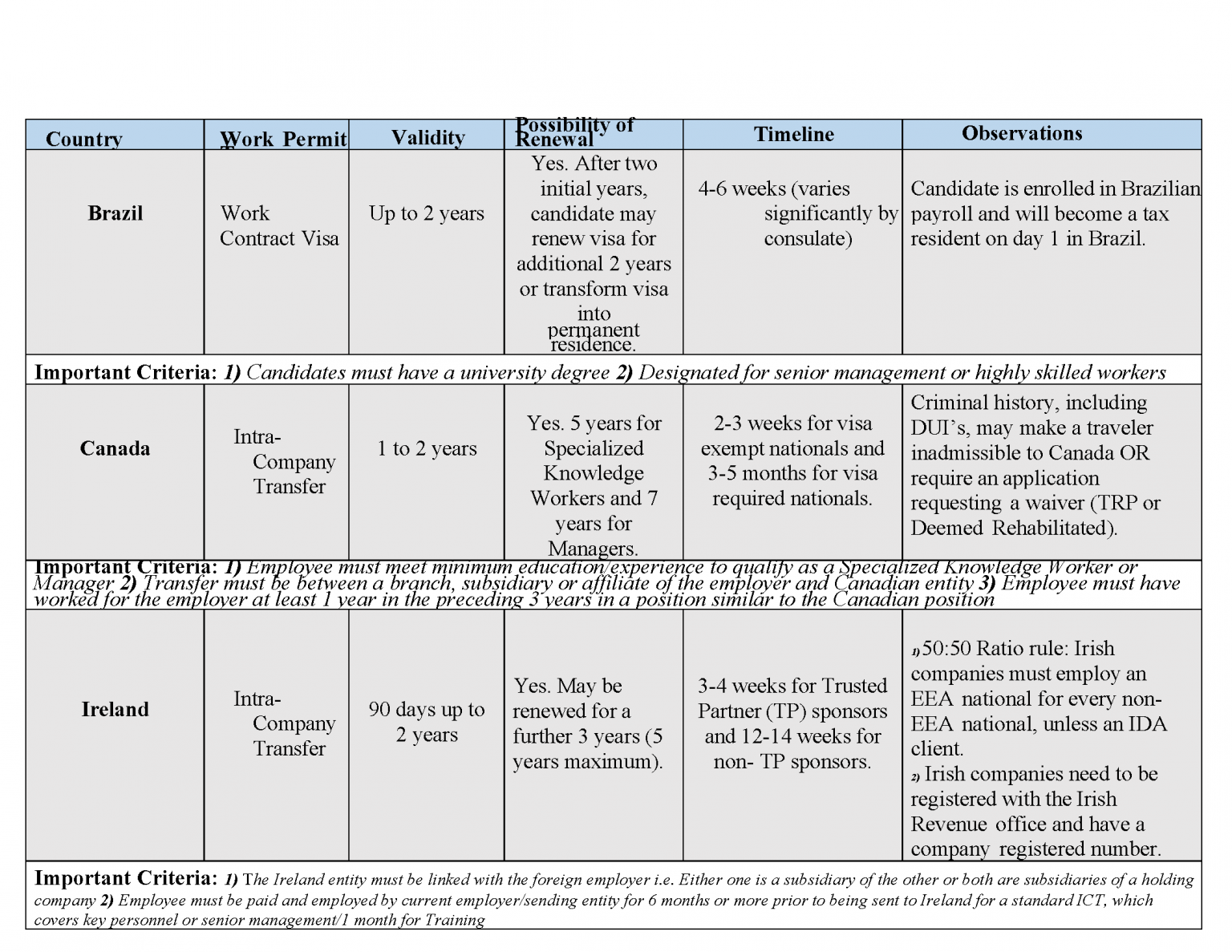Companies with international relocation programs should include language training
When companies can interview and ultimately hire candidates from all over, it helps open up the talent pool. As a result, they have more options and a better chance of getting the right person in the right seat to get the job done. In addition, organizations that hire globally with regularity already know the importance of providing new hires with international relocation services.
In most cases, companies will work with a relocation management company (RMC) to handle the creation and updates of these global mobility programs to assure that they can offer newly hired and promoted employees the best moving experience possible. Companies and relocating employees trust RMCs to handle everything from the pre-decision stages of the offer to the physical move to the new destination.
But one international relocation service that constantly gets overlooked is language training for the employee and their family. On top of that, very few RMCs have the resources and connections to include culture training.
Language training does not always include relocation packages because it is often overlooked by both the relocating employee and the company making the offer. The employee has a lot to worry about on their end during the negotiations from immigration needs, compensation, home buying and selling assistance, and the shipping of household goods. On the other hand, the company usually focuses more on the move’s timeline because they are anxious to get their new employee started on their job in an adequate time frame.
The Role of Language Training During Relocation
Sometimes, international relocation service providers will offer e-learning sessions when it comes to language training. For relocating employees and their families to adapt to their new destination, they need in-depth language learning opportunities. If the employee struggles to communicate with coworkers, it can be challenging to do their job. On the other hand, if employees have proper classes and resources for learning the new language, they are more likely to thrive in their new position.
Language training can also help out with the employee’s personal life. There’s no doubt that home life can negatively affect work life. If an employee is stressed or sad, it can hurt their work performance. And let’s not kid ourselves; the international relocation process can be tough on a family—another reason why language training should be included in their relocation package.
If the relocating children can communicate, they are more likely to thrive in school and make friends quicker. The spouse or partner of the transferee also has a better opportunity to find a job. All of this assists the relocating employee while trying to help their family adapt to the new country.
GMS Offers Great Relocation Packages with Language Training
Global Mobility Solutions (GMS) understands what it takes to relocate an employee and help them thrive in their new setting. Over the last three decades, our team has been assisting companies in writing international relocation packages that greatly benefit the transferee and their family. In addition, we work with some of the best language training specialists worldwide to ensure that we can provide adequate foreign language training in almost any language.
Including language training options in our relocation services isn’t the only factor that sets GMS as the industry leader in global mobility. Our team is dedicated to giving moving employees the most seamless relocation process possible while keeping costs and savings at an excellent rate for the company. Our relocation specialists help with every step, from learning about your business to helping create relocation packages to ensuring that transferees have everything they need to reach their final destination.
We make it a goal to help each of your employees get from point A to point B and have the resources they need to thrive once they’re there. Reach out to us today to schedule a free consultation on how we can help you incorporate language training into your international relocation services. And for more information on the relocation process, check out our Knowledge Base to get answers to all your questions.
We're Here to Help! Request a Courtesy Consultation
Are you ready to talk to a Mobility Pro? Learn how GMS can optimize your mobility program, enhance your policies to meet today’s unique challenges, receive an in-depth industry benchmark, or simply ask us a question. Your Mobility Pro will be in touch within 1 business day for a no-pressure, courtesy consultation.











